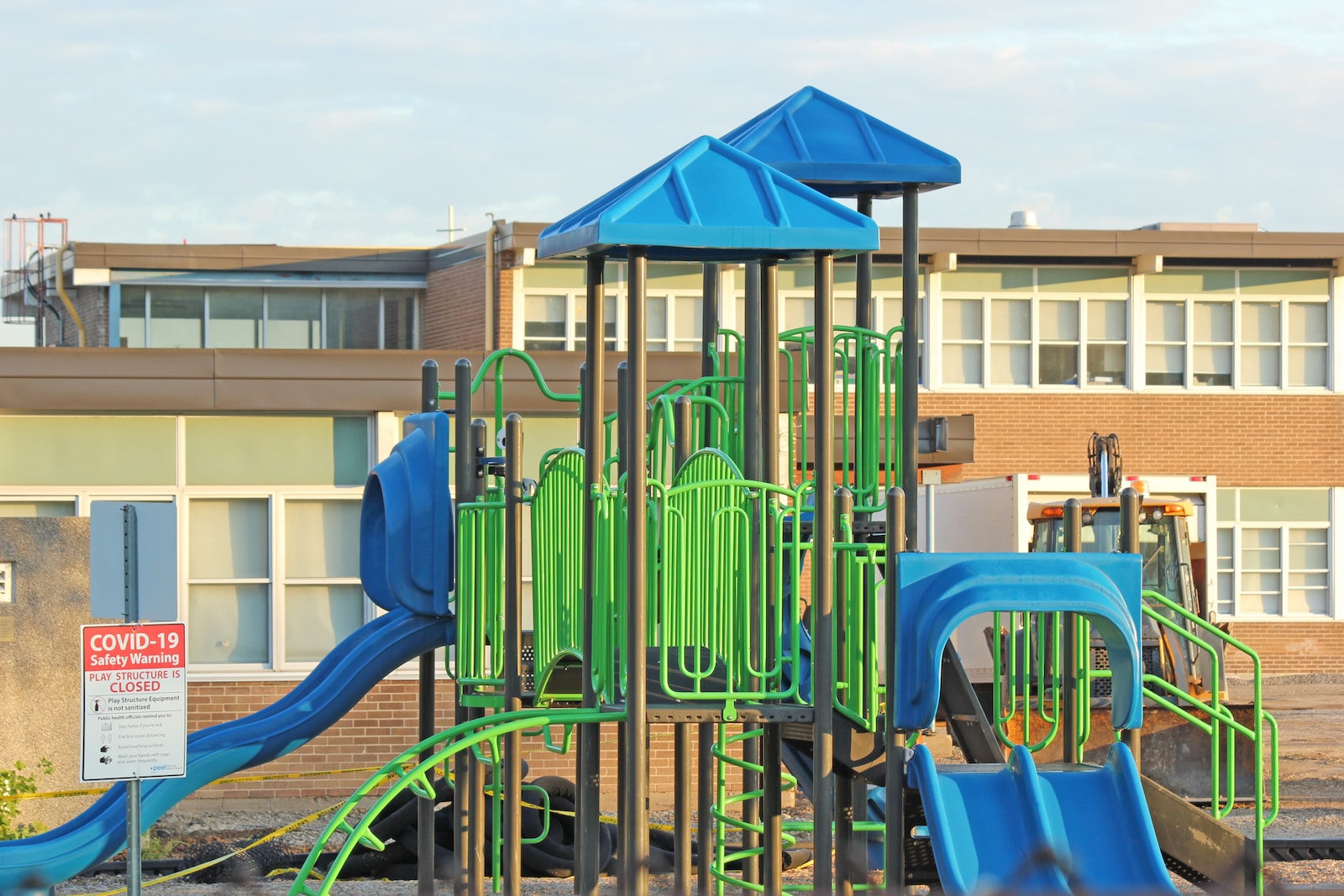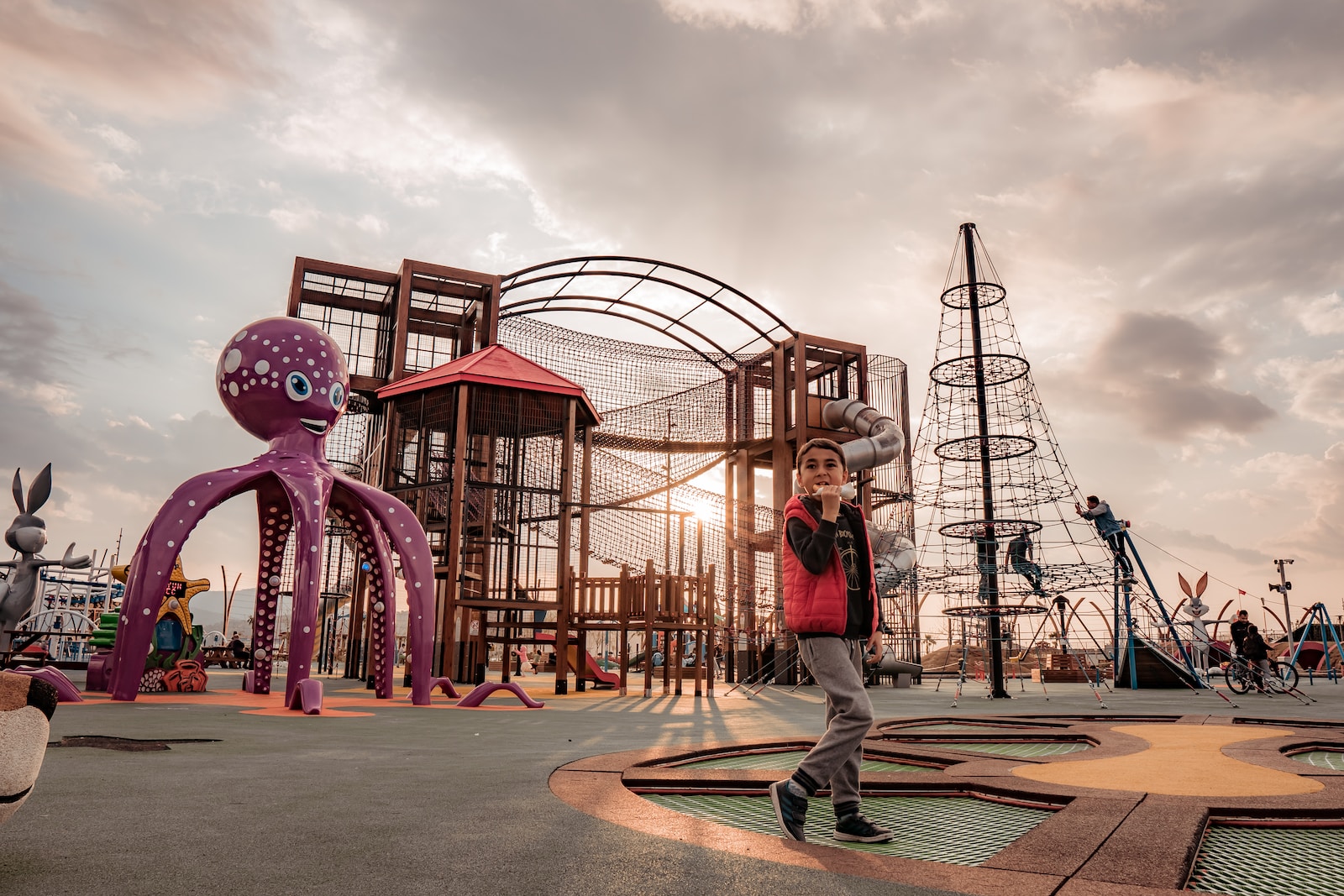Abstract
Methods: The present study carried out a mediation analysis to explore whether amount and timing of outdoor play affects children’s emotion regulation and whether working memory mediates these relations among 325 preschool children (Mage = 4.19, SD = 0.85) residing in a large Midwestern city in the United States.
Results: Results showed that greater amounts of outdoor play very early (i.e., wake-up to noon) and very late (i.e., 6 PM to bedtime) in the day were related to greater emotional dysregulation. By contrast, greater amount of outdoor play from noon to 6 PM was related to lower emotional dysregulation. Importantly, the effect of amount of outdoor play from noon to 6 PM on emotion regulation was fully mediated by working memory.
Conclusion: The findings of the present study suggest that in early childhood outdoor play that supports children’s circadian rhythms may have cognitive and, in turn, emotional benefits.
DOI:
Journal: Child: Care, Health and Development
Year: 2024



